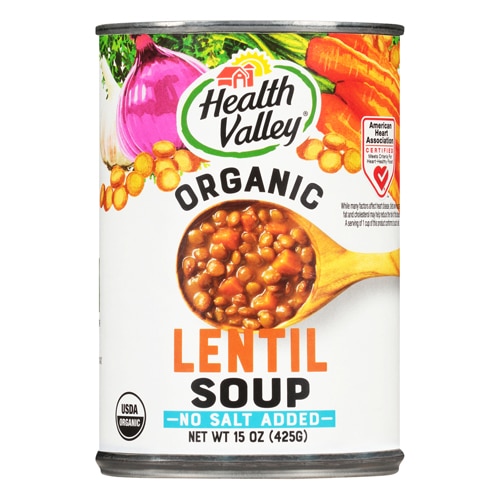In the new configuration of our pandemic-restricted lives, you may find yourself at home—a lot. More than you ever thought. Still, that doesn’t mean you want to spend all that time at home cooking. There are gardens to plant, books to write, friends to call, unfinished tasks you finally can finish, home improvement projects to tackle.
Why not batch your cooking time with some focused meal prep to optimize your nutrition, budget and efforts?
The beauty of food prep is you can adapt it to fit your cooking expertise, lifestyle and personal or family’s dietary needs. Designed for ease and automation, it requires you to spend a few hours in the kitchen each week to prepare most of the components you'll need for several days to a week’s worth of meals.
Here are three of its biggest advantages:
3 Meal Prep Benefits
1. Saves money
Meal prepping helps you save money by helping you cut back on takeout and eating in restaurants (the latter a moot point these days). Although ordering takeout during this time actually helps our faltering service industry, it’s not something you want to overdo, for both health, financial and nutritional concerns.
But after a long day at home wrangling kids and partners and work, it’s nice to tuck into a prepped meal than start from scratch.
It also circumvents the temptation to order in if hunger hits and the cupboard is bare. If you meal prep the same thing each week, it allows for some consistency for budgeting finances.
Another technique for saving money is to choose your meal-prep recipes based on the current sales at the grocery store.
2. Saves time
Nothing saves time like batch prepping. Instead of cooking for up to an hour every day of the week, block out some time once a week to get all the cooking done at once. Same goes with shopping for food—you’ll be able to buy everything you need for a week in one go, eliminating the need for extra trips.
And the more you meal prep the more efficient you become. You’ll quickly get the sequencing down, such as putting things in the crockpot first and then chopping vegetables for a stir-fry while a soup or stew is simmering.
3. Helps with weight control
Cost control translates seamlessly into portion control, a key to losing and maintaining weight. One of the virtues of meal prepping is how it supports a consistent caloric intake. If you go out to eat, you never know how much oil or fat is being used. Often it’s hard to guestimate the calories of an entrée. With meal prepping, you can have a more accurate sense of calories and leverage portion control in your favor.
You can also make healthier choices. Research shows that people get full by the amount of food they eat, not the number of calories they take in. A smart strategy for filling up without adding calories is to lower the amount of fat as well as increase the amount of fiber-rich ingredients, such as whole grains, vegetables or fruit.
Want to get started with meal prepping but not sure where to begin? Try these tips:
Create a master list
A grocery list is the meal prepper’s best friend. Research your recipes in advance and remember to include items like spices, marinades and any prep tools you might need, like tinfoil or a big baking sheet. The initial trip or order may come with some sticker shock, but once you’ve gotten into a routine, you’ll be able to home in on the exact ingredients you need for your favorite recipes.
Be sure to take stock of what foods and ingredients you already have on hand so you don’t end up buying doubles.
Finally, think about what dishes you like that can be repurposed into several meals to ensure no waste. A grain like quinoa, for example, can serve as a side dish for dinner and then be repurposed into a hot breakfast porridge.
Start small
If meal-prepping for a week feels daunting, don't think about seven days. Focus on three or four instead. By ensuring you don’t have to cook every day, it will still save you time.
Tackle your weak spots first— as in the meal that needs the most attention. For example, if you tend to skip lunch and then end up snacking all day, start with lunch.




